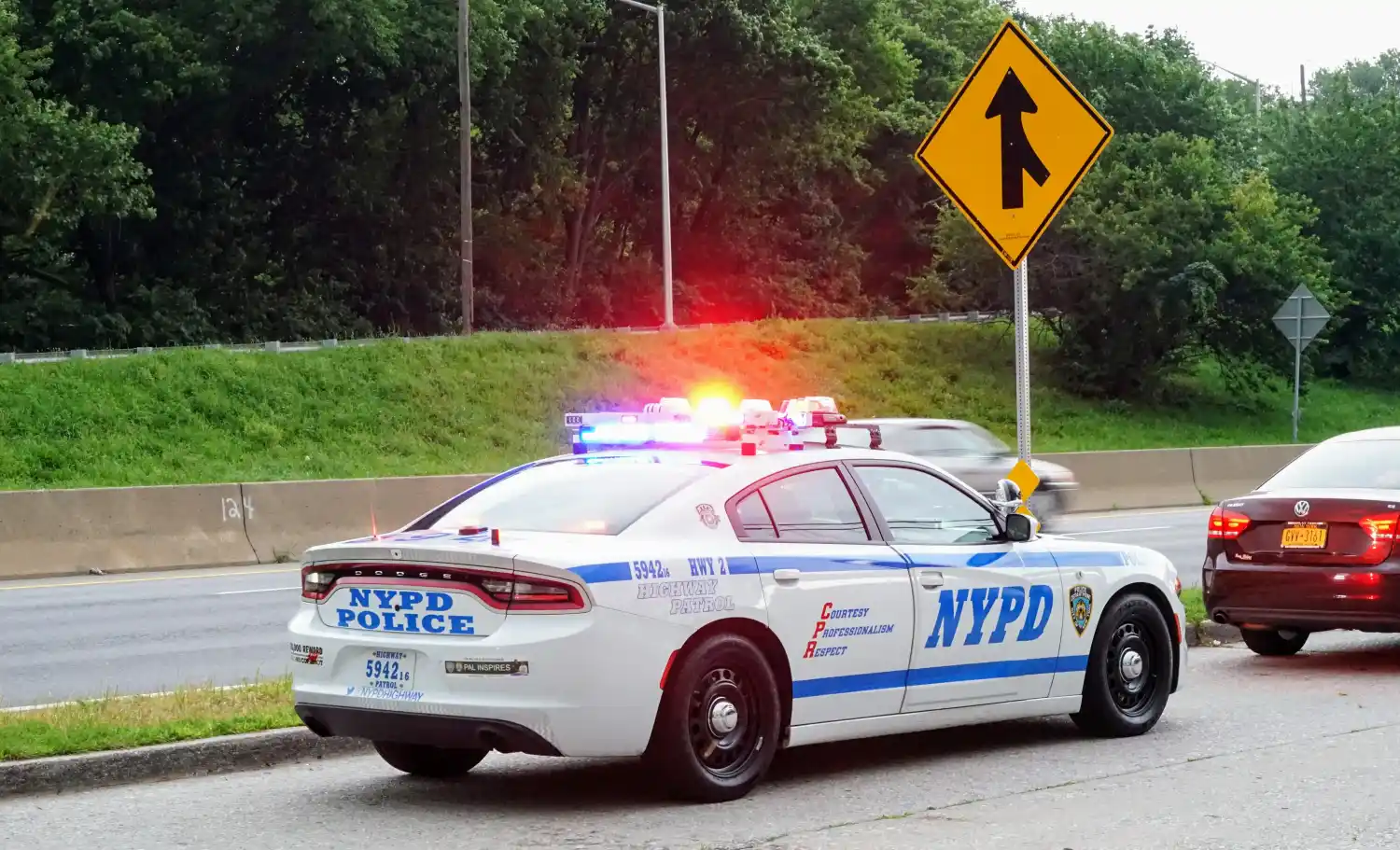
The Law You Never Actually Consented to: New York’s Implied Consent Law
Published on 7/7/2014 - Updated on 6/3/2024
There are three separate types of tests that drivers under the suspicion of driving drunk or otherwise impaired can be subjected to:
- Field sobriety tests, such as the Horizontal Gaze test and the One-Leg Stand test.
- Breath screening tests, such as the Alco-Sensor test.
- Chemical tests, such as the Breathalyzer, and / or a blood or urine test.
A lesser-known part of every DUI stop is how the driver reacts to the chemical test. New York has a law outside the general scope of public knowledge called the "Implied Consent". Under this statute, when anyone drives a vehicle in the state, they are considered to have already given consent to take a chemical test, regardless of whether or not you actually did.
Many drivers faced with this situation understandably choose to refuse one. However, this refusal can have severe consequences. "Chemical Test Refusal" then becomes a different issue from whether someone is guilty of an alcohol or drug-related violation.
Regardless of your alcohol/ drug related driving offense, you will be suspended for the refusal alone. The refusal will also be used against you in your original case. Even if a driver is found not guilty of the original alcohol/ drug offense, they can still have their license suspended due to the refusal.
A refusal to submit to a chemical test can have far-reaching consequences. Refusals will remain on your driving record and will be seen on DMV “look back” periods. They can even play a factor in eligibility for a new license after a revocation.
What Drivers CAN Refuse
The one silver lining is that there is no requirement that a driver suspected of driving while intoxicated or otherwise impaired submit to field sobriety tests, the first category outlined above. There is also no obligation to answer an officer’s questions that will inevitably be asked to determine the level of impairment. Though a driver has the right to refuse these tests, an officer will most likely never inform them of the right to do so.
Benjamin Goldman Law Office
The Benjamin Goldman Law Office is a New York State law firm that opened in 2011. Our primary area of practice is helping motorists deal with all types of charges that arise from the operation of a motor vehicle. Our initial office was in Sullivan County and in recent years we opened an office in Nassau County. We can help with DWI related issues in Long Island, New York City, and the Hudson Valley. You can contact us at your convenience for a free consultation.